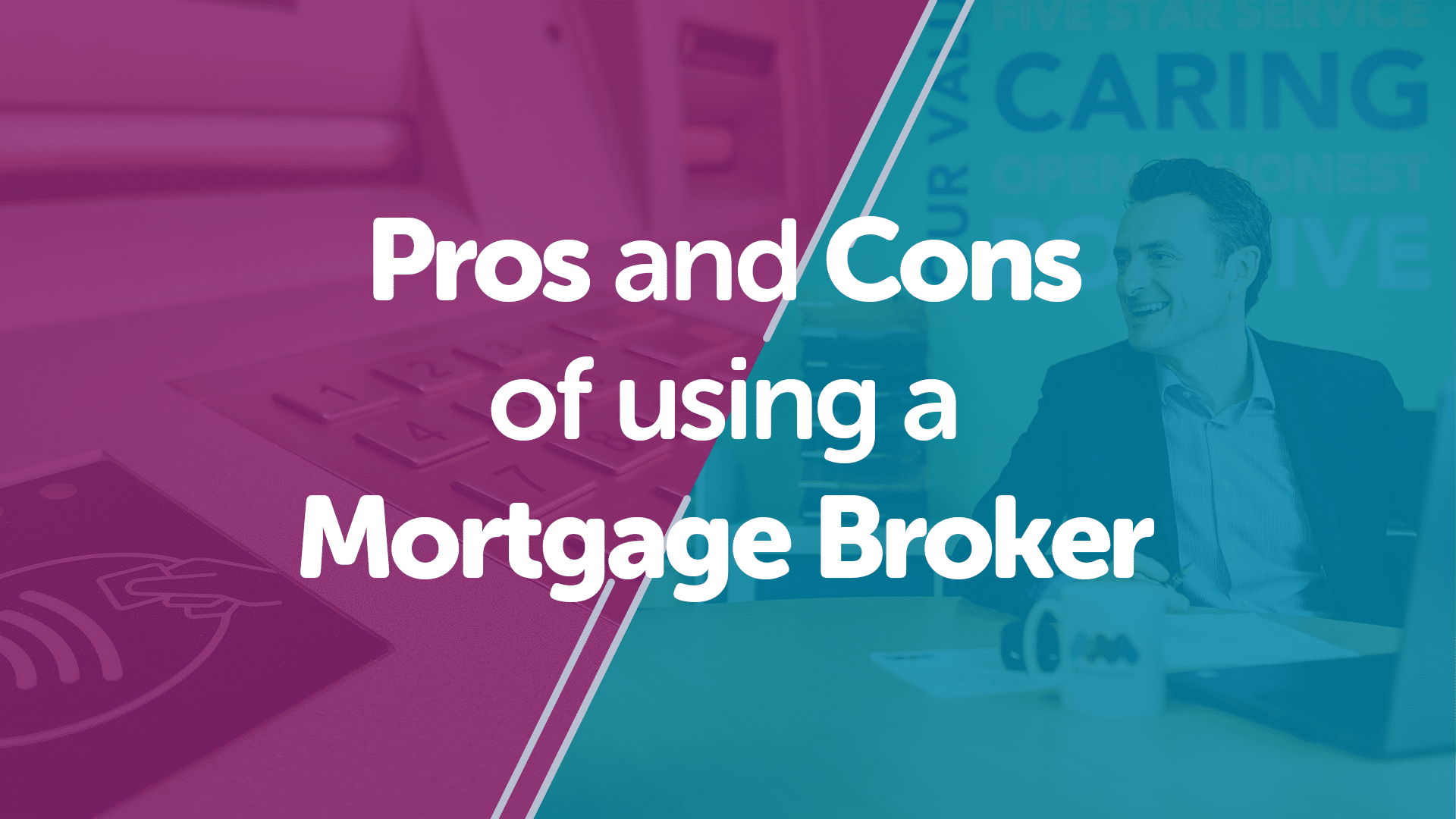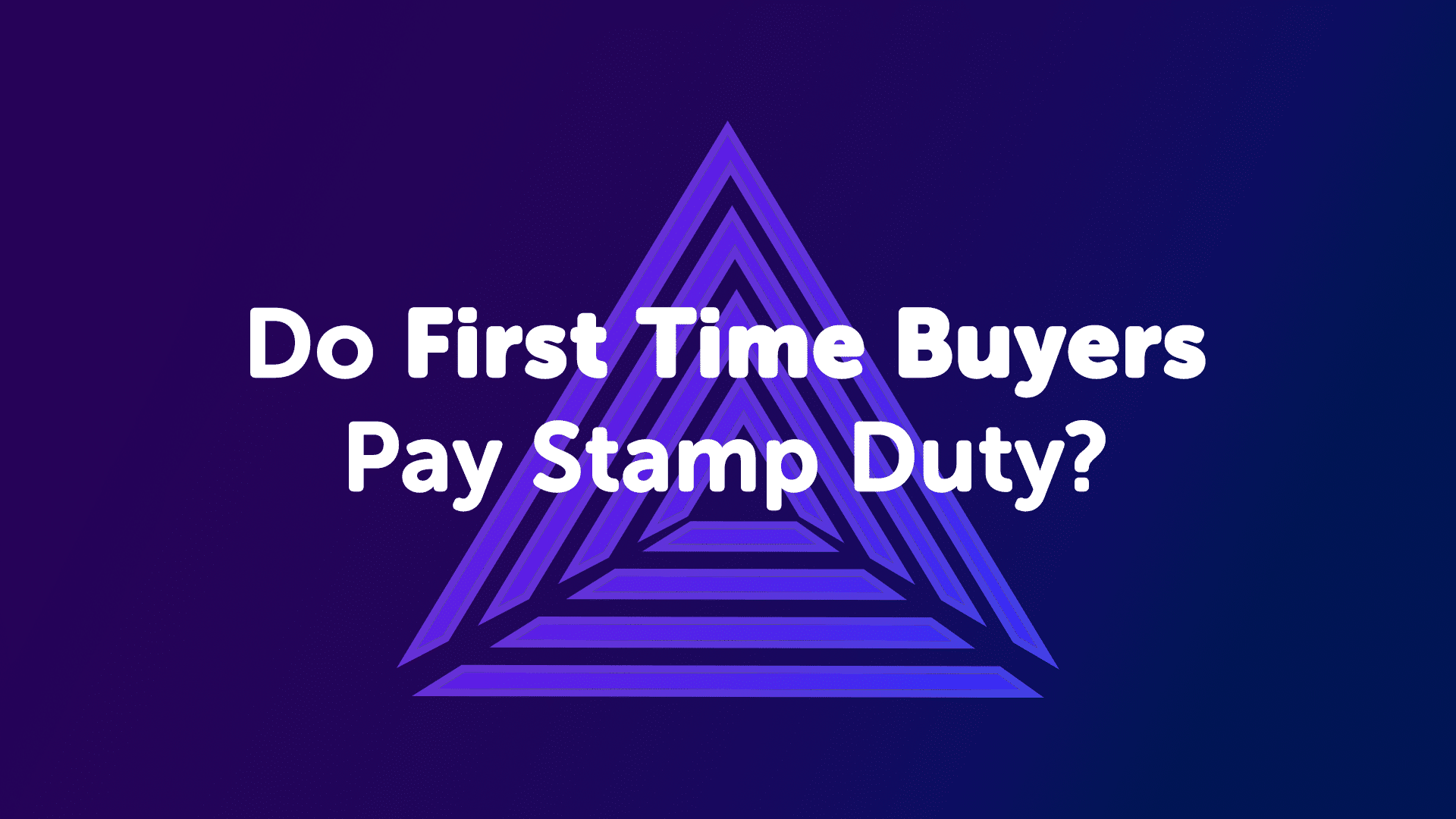Mortgage Advice in Halifax
Over time, the inflation of property prices has far outweighed the increase in wages. People nowadays are looking to build their own house rather than stay at rent somewhere and spend much money on paying rentals. The move from renter to homeowner needs proper planning and takes time. Therefore, many people, especially first time buyers in Halifax due to their low affordability levels, plan to buy a property with a friend or a partner. This is because the dual-income sources lead to a sufficient pool of income that convinces a lender to offer a higher mortgage amount.
When you jointly pool in your income, you decide mutually to divide the cost between the two, thereby making it more affordable. However, this is a Specialist Mortgage and comes with some risk. This article will answer some questions we often receive and shed some clarity on buying a property with a friend or partner in Halifax.
How many people can jointly co-own a property?
Owning a property involves a lot of regulations and technicalities. This is even more apparent in joint properties as one owner might want to sell the property, whereas the others do not. However, in Halifax, lenders allow up to four people to co-own a property at one time. If anyone owner stops contributing to the monthly mortgage payments, the other owners still have a right by law to stay in the property unless the court states otherwise. With this in mind, you need to be cautious with whom you choose to buy a property.
Any plans to increase the Mortgage down the line, require consent from all involved. With this in mind, it is also essential to discuss long term plans for owning your property if someone opts for a different route or situation change.
Joint Tenancy or Tenancy in Common?
This concept is associated with couples who are married or are in a civil partnership. Such people are usually involved in joint tenancy. In case any one of the applicants pass away, the ownership will already be transferred to the other owner. This is where mortgage life insurance comes in handy, as at that point, the Mortgage would be repaid. However, you’ll require consent from other applicants if you want to sell or remortgage the property in the future.
Tenants in Common is usually chosen by the likes of relatives or friends buying a property together. This option allows you to own the property jointly, but it does not need equal shares. If one party is making more money than the other is, this works out well.
You can also act individually if you are a Tenant in Common, so you could realistically sell or give away your share, without the other person losing their stake in the property.
What happens if one party stops making mortgage payments?
All parties involved in joint ownership or have relevant shares in the property are liable for the mortgage repayments. Generally, if one member fails to make the payments, the other covers the cost to prevent any debt from building up.
Any arrears made on a mortgage may stop you from getting one in the future. An ideal way to think of joint mortgages is that you don’t own 50% of a property, you own 100% of it conjointly.
How do I remove an ex-partner or myself from a mortgage?
Removing someone from Mortgage can be challenging as lenders need to do a vigilant check on your affordability level to confirm that you can pay the Mortgage all by yourself.
None who has applied for a mortgage together ever thought of separation in the longer run, but unfortunately, time does not always stay the same. Therefore, it is vital to remember how big a financial commitment to getting a mortgage is and how challenging it gets when all of a sudden, you decide to make changes. So it’s always recommended to assess your personal life thoroughly before agreeing to something big.
Handling over the evidence to a lender that you have been managing mortgage payments since your ex moved out, does not qualify the fact that you alone can make it a sole name mortgage.
Lenders would much rather there be a second income if one person is unable to afford their half. The process of removing someone involves a brand new affordability assessment, much like they would when you first applied for a mortgage.
If your lender declines your request to do so, you should get in touch with your mortgage advisor in Halifax to see if any other lenders would agree to let you transfer into your name.
It may also be worth your time to see if any family members can help you out with this. They can often gift a lump sum amount to reduce the amount owed or even replacing your ex-partner on your Mortgage.
Things to remember when removing yourself from a mortgage
Even if you and your partner are set apart, and you end up moving home in Halifax, you are still responsible for repayments. Even if you agree with your ex that they will pay the payments responsibly, there might be a time when your ex cannot pay thereby making you liable for costs.
If you promise to send them money every month, you need to be watchful of your credit report because if he defaults, it will negatively affect your credit score.
Being tied up to an older mortgage also limits your ability to borrow for any new homes you might be looking to buy, as the lender will take your current repayments into account, seeing them as existing credit commitments.
Lenders might not always agree to your demand, because rendering such a vast amount comes with a risk. So always plan carefully whom you need to get into agreement with. It is better to agree on a plan in advance, to avoid difficulty if things ever go wrong in the future.
Date Last Edited: January 15, 2024















